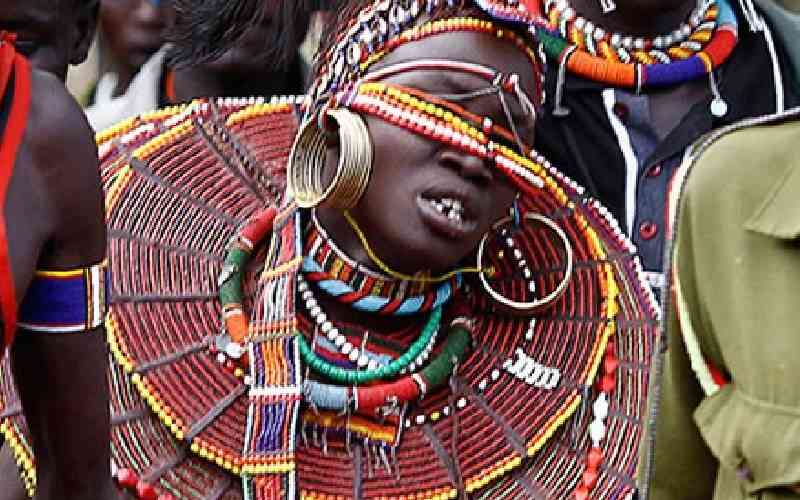×
The Standard e-Paper
Join Thousands Daily

It is a sunny Wednesday morning in Kongelai, North-West of Kapenguria, West Pokot County's administrative hub.
The centre is teeming with people going about their business. It is a school day and, a few times, we spot pupils in uniform. You would expect that majority - if not all - teenagers, or those who look the part, would be in school uniform.